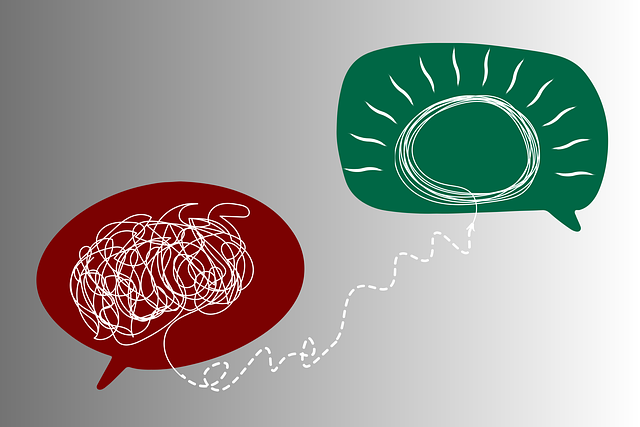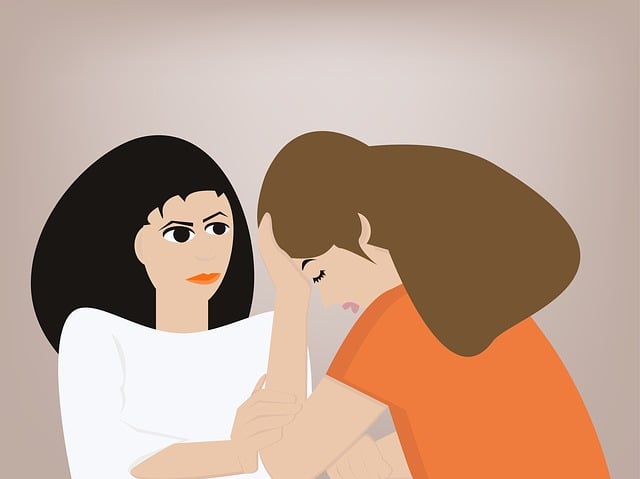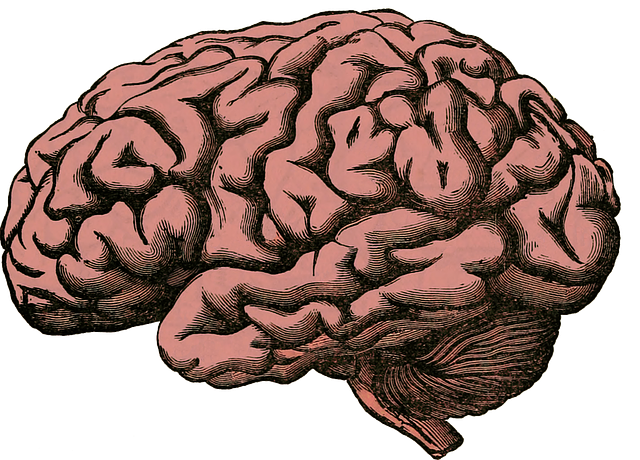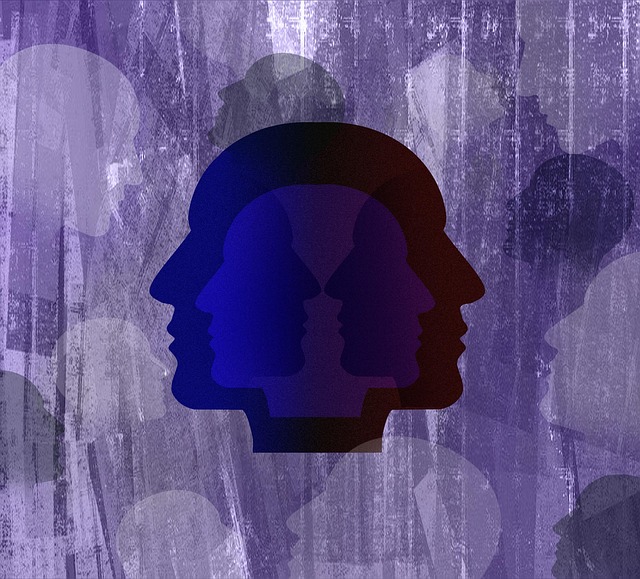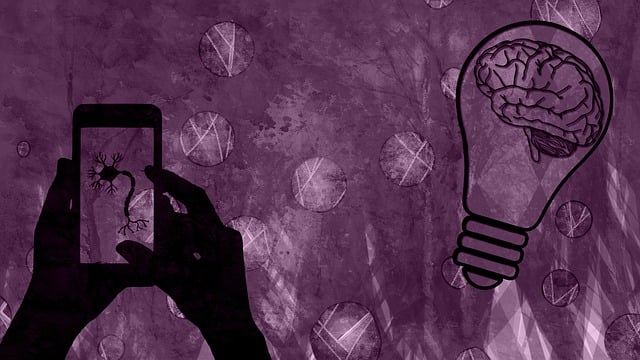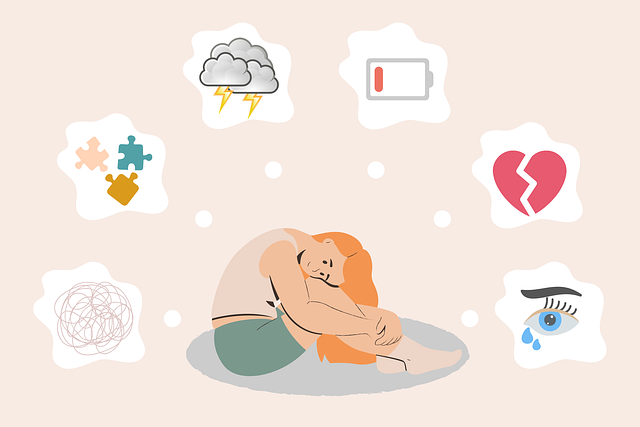The current diagnosis process for mental health conditions, particularly therapy for gender-affirming care, faces challenges due to co-occurring disorders and cultural factors. To enhance accuracy, two primary strategies are proposed: creating accessible resources like mental wellness podcast series to educate professionals and individuals, and empowering people through emotional healing processes to seek comprehensive assessments. These efforts aim to improve diagnostic practices and foster an inclusive understanding of mental illness, addressing biases and stereotypes that can hinder accurate diagnoses, especially for those seeking gender-affirming care.
Mental illness diagnosis accuracy is a critical aspect of healthcare that demands continuous improvement. The current state of diagnosis faces challenges, influenced by biases and stereotypes, as evidenced by stark statistics. This article delves into three key areas: understanding the complexities of mental health assessment, exploring advancements in therapy for gender-affirming care, and highlighting innovative strategies to enhance diagnostic accuracy. By integrating advanced tools, inclusive criteria, and collaborative research, we can strive for more precise and culturally sensitive mental illness diagnosis. Specifically, focusing on therapy for gender-affirming care is a game-changer, offering tailored support for diverse individuals.
- The Current State of Mental Illness Diagnosis
- – Exploring existing challenges in diagnosis accuracy
- – Impact of biases and stereotypes on assessment
The Current State of Mental Illness Diagnosis

The current state of mental illness diagnosis is characterized by a complex interplay of factors that impact accuracy and efficacy. While significant strides have been made in understanding various mental health conditions, challenges remain, especially when it comes to ensuring accurate diagnoses for individuals seeking therapy for gender-affirming care. The complexity of these cases often involves co-occurring disorders, unique presentations, and cultural considerations that can obscure diagnosis.
Efforts to improve diagnosis accuracy are multifaceted. Advancements in mental wellness podcast series production provide accessible resources for raising awareness and educating both professionals and individuals about mental health. Moreover, initiatives focused on building confidence through emotional healing processes empower people to seek help and advocate for accurate assessments. These combined approaches aim to foster a more inclusive and nuanced understanding of mental illness, ultimately leading to better diagnostic practices.
– Exploring existing challenges in diagnosis accuracy

Diagnosing mental illnesses accurately is a complex task, and several challenges hinder this process. One significant issue is the diversity of symptoms across various disorders, which can lead to misdiagnosis or delayed identification. For instance, individuals seeking Therapy for Gender-Affirming Care might present with unique psychological manifestations that do not align with traditional diagnostic criteria, making it a complex case for mental health professionals.
Moreover, healthcare providers’ subjective interpretations and cultural biases can influence diagnosis accuracy. Burnout prevention strategies for healthcare providers are essential as fatigue and stress can impact their decision-making abilities. Incorporating self-care practices into professional routines is vital to maintain objectivity and prevent misperceptions. Additionally, risk assessment tools should be regularly updated to account for emerging research and cultural shifts, ensuring mental health professionals stay abreast of the latest findings in their field.
– Impact of biases and stereotypes on assessment

Biases and stereotypes can significantly impact the accuracy of mental illness diagnoses, particularly when it comes to gender-affirming care. Societal norms and preconceived notions about what constitutes mental health often lead to misdiagnoses or delayed treatment for individuals seeking Therapy for Gender-Affirming Care. For example, a person’s gender identity may be overlooked or pathologized, leading to incorrect assessments and ineffective interventions.
Efforts to improve diagnosis accuracy involve challenging these biases through education and training. Implementing Community Outreach Program Implementation strategies that raise awareness about diverse mental health experiences can foster empathy Building Strategies among healthcare professionals. By promoting understanding and breaking down stereotypes, we can ensure more accurate evaluations and appropriate support for all individuals seeking help, regardless of their gender identity or self-care practices.
Mental illness diagnosis has long faced challenges, but with a focus on addressing biases, stereotypes, and implementing evidence-based practices like gender-affirming care in therapy, we can significantly enhance accuracy. By acknowledging the complex interplay between societal influences and mental health assessment, we can strive for more equitable and precise diagnoses, ultimately improving patient outcomes and well-being. This shift towards inclusive and informed practices is a crucial step forward in the field of mental health care.
